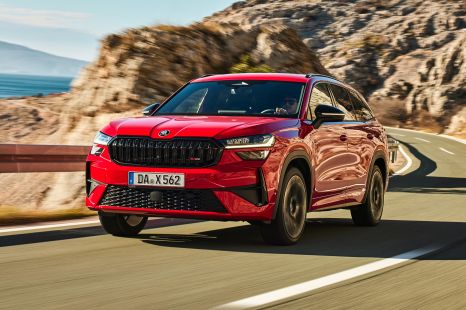

James Wong
2026 Skoda Kodiaq RS: Seven-seat performance SUV priced for Australia
5 Hours Ago

Contributor
The third-generation Honda Autonomous Work Vehicle is set to be revealed at the CONEXPO in Las Vegas later this month, featuring some upgrades on the back of its prototype testing last year.
Honda has proceeded the vehicle to the next stage of testing, and is now asking for new commercial entities to take part.
Honda first teased its second-generation Autonomous Work Vehicle (AWV) late in 2022 as it started prototype testing on a solar construction site in New Mexico.
The prototype was put through its paces on rugged off-road terrain during the month-long field test.
The vehicle is designed as an autonomous operational vehicle or delivery solution to improve the construction industry and worksite efficiencies.
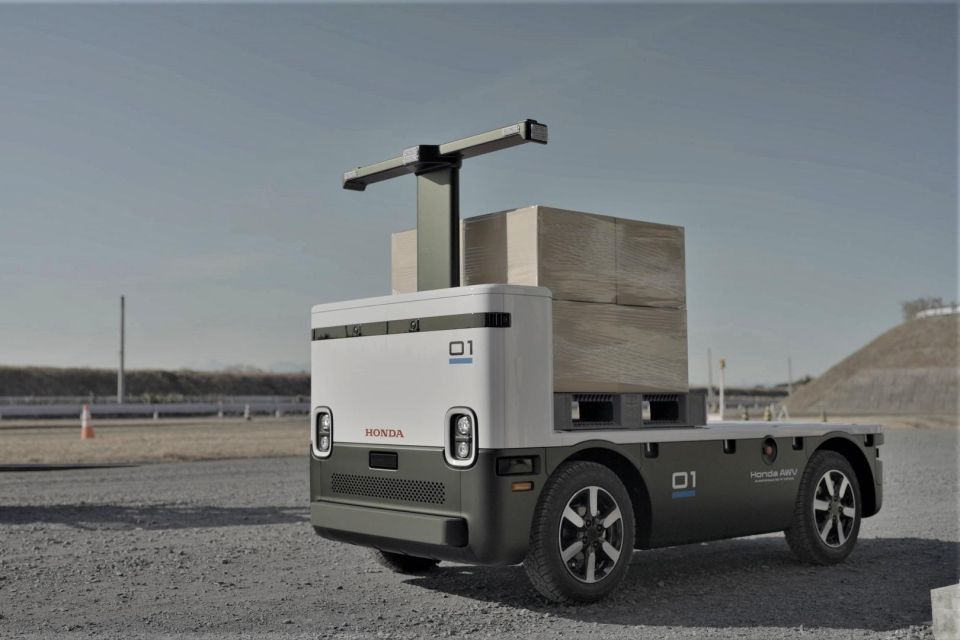
The testing was conducted on the 1000 acre (4 square km) site that allowed operators to precisely set start and stop points for the vehicles.
One of the main duties for the vehicles was to deliver materials and supplies along a calculated route which the brand says was carried out successfully. The vehicles also proved capable of stopping within centimetres of the pre-set points.
Testing also was designed to challenge the viability of the Honda AWV battery system.
Honda says the field test demonstrated the battery system was able to operate for eight hours while carrying payloads of nearly 408kg, or towing a trailer carrying over 725kg.
Based on testing at the construction site, Honda has implemented a few additional features to the upcoming vehicle.
The next-generation AWV has received a few upgrades including:
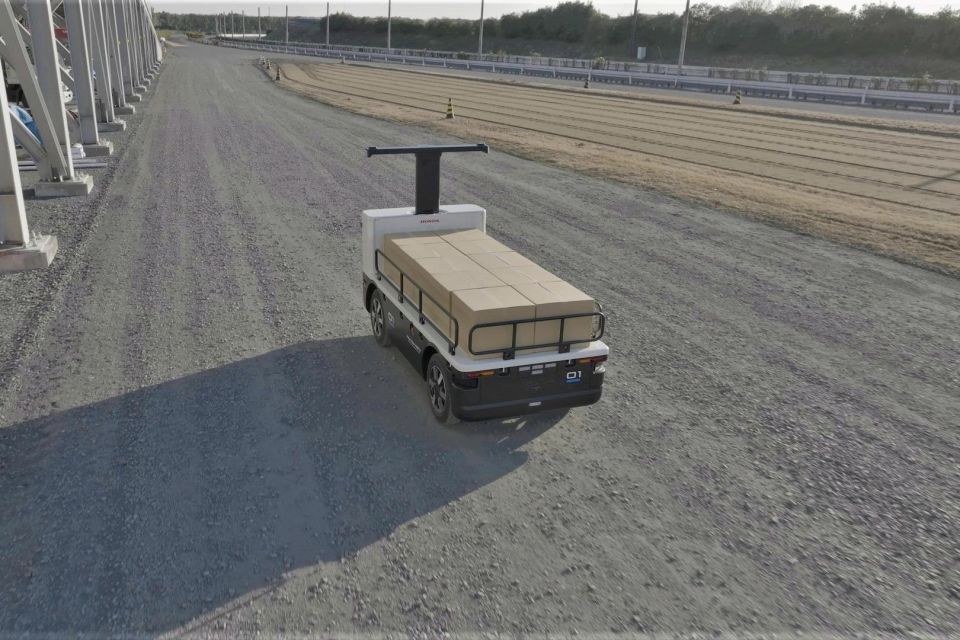
The updated prototype also features an all-electric powertrain with a larger 18.6kWh battery good for a range of up to 45km based on the intended use.
The next stage in testing will focus on product distribution, product support/aftermarket sales, and software and attachment development.
Honda intends to commercialise the AWV, however it’s not clear when when the production-ready vehicle will be available for distribution.
The AWV aligns with the brands plans to go all-electric for its vehicles by 2040, and in all its commercial activities and remaining products by 2050.
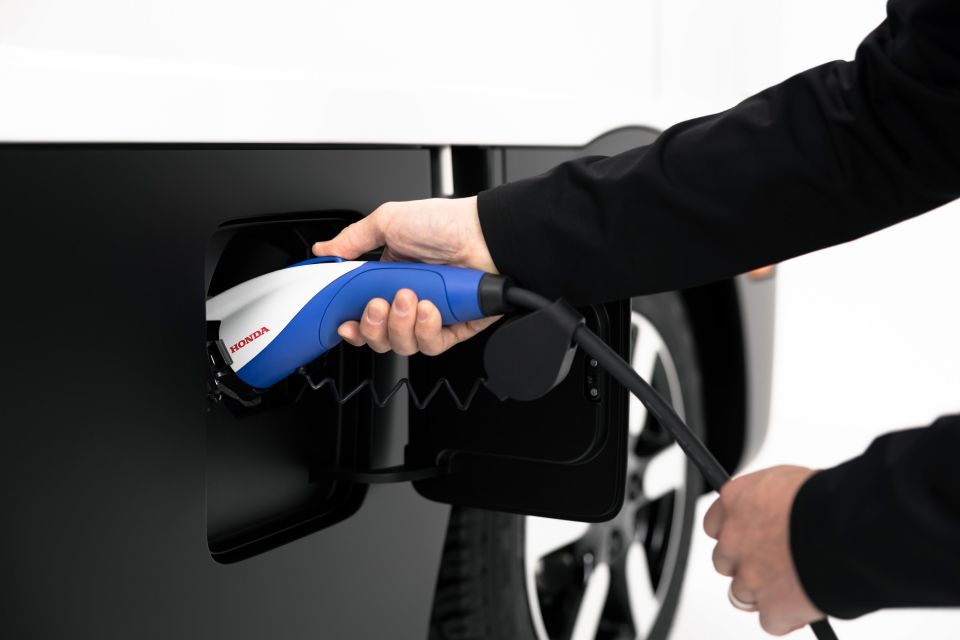
Honda is not the first mainstream car manufacturer to develop a commercial use all-electric prototype.
Toyota in 2019 debuted its e-Palette at the Toyko Motor Show.
The zero-emissions vehicle is designed to transport people or goods.
In 2021 the e-Palette was involved in a collision which saw a vision impaired athlete get injured during transportation for the Paralympics.
The carmarker later admitted that the incident showed “autonomous vehicles are not yet realistic for normal roads”.
MORE: Everything Honda
Where expert car reviews meet expert car buying – CarExpert gives you trusted advice, personalised service and real savings on your next new car.
Jade Credentino is an automotive journalist currently based in Melbourne, Australia. Jade has had a chance to review a variety of vehicles and particularly enjoys SUVs. She enjoys traveling and going on road trips exploring Australia.


James Wong
5 Hours Ago
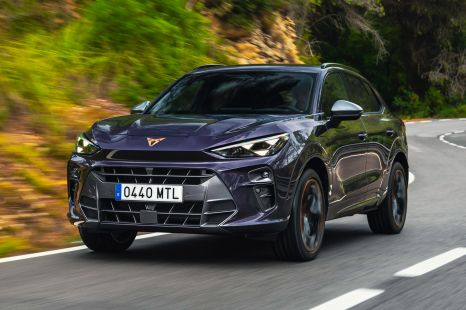

James Wong
5 Hours Ago


CarExpert.com.au
7 Hours Ago
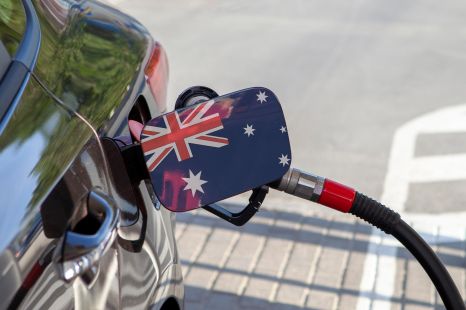

Damion Smy
7 Hours Ago
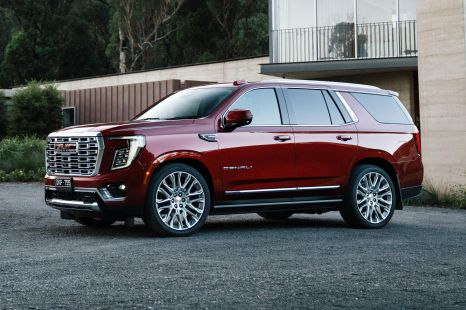

Alborz Fallah
7 Hours Ago
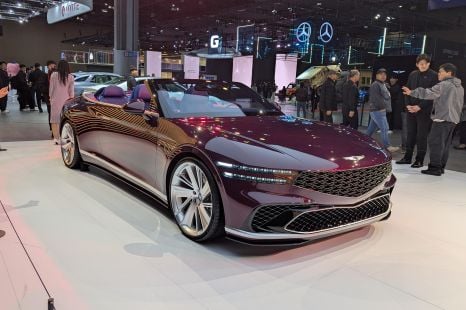

William Stopford
8 Hours Ago